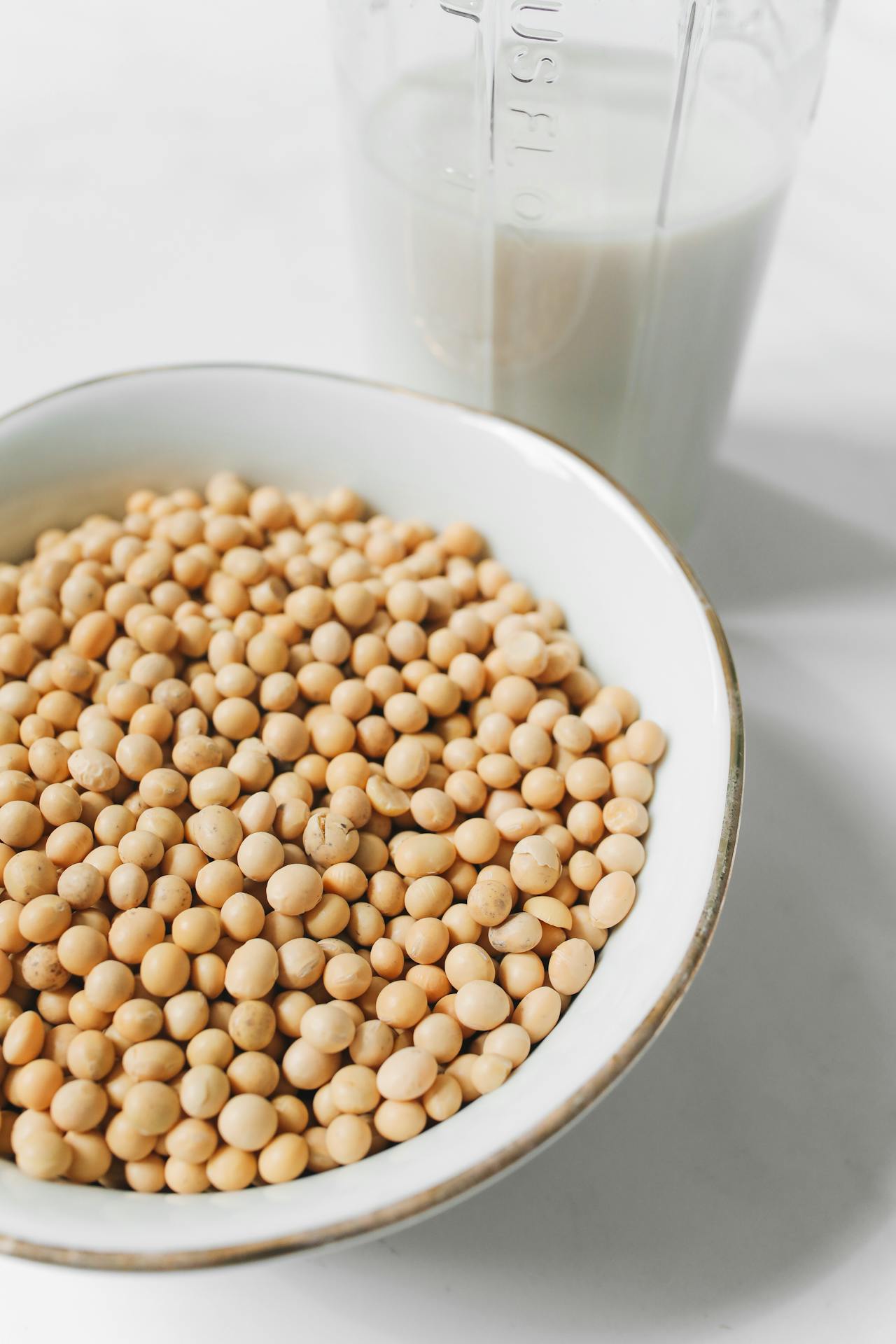Copyright © 2024 - Gearlabblog.com

A recent study presented at NUTRITION 2024 suggests that children who consume more isoflavones from soy foods show improved thinking abilities and attention. This research aims to explore how soy foods could positively influence cognitive development in children.
Isoflavones are natural compounds found in soybeans and soy products. They are known for potential health benefits, including improved memory in adults, but their effects on children’s cognition have been less studied.
Researchers analyzed data from 128 children aged 7 to 13, focusing on their dietary habits and cognitive performance. They used diet records to assess isoflavone intake and conducted tests to measure intellectual ability and attention using both paper tests and EEG recordings.
The study revealed that children who consumed more soy foods with isoflavones tended to perform better in attention tasks. They showed faster response times and improved processing speed during cognitive tests. However, no significant association was found between soy isoflavone intake and general intellectual ability.
Ajla Bristina, a neuroscience doctoral student at the University of Illinois Urbana-Champaign, suggests incorporating soy foods like roasted edamame, soynuts, tofu, or soy-based nuggets into children’s diets. These options are rich in isoflavones and can support cognitive health.
While the findings are promising, Bristina emphasizes the need for further research through intervention studies to determine optimal soy consumption for enhancing cognitive abilities in children.
Bristina presented these findings at NUTRITION 2024 and highlighted ongoing clinical trials exploring soy foods’ effects on cognition, hormonal balance, metabolic health, and gut health in children.
Source: American Society for Nutrition